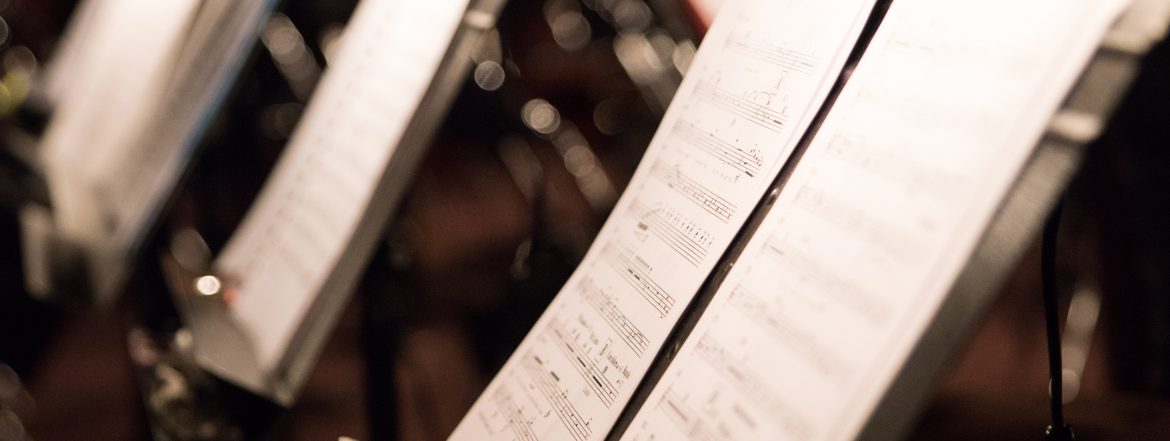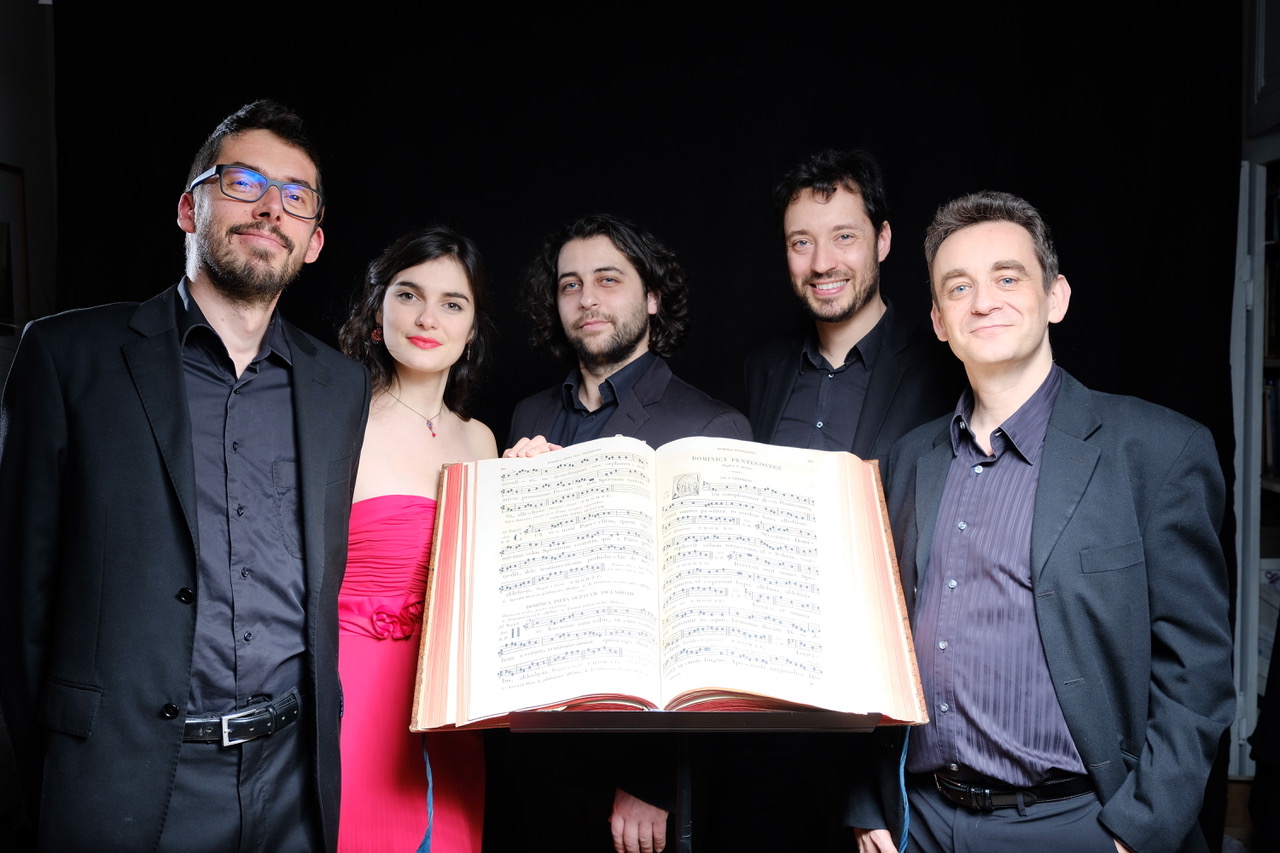Colloquium on Improvisation and Composition in Music
Feb 28–Feb 29, 2020
UC Davis
In the last 20 years, our understanding of how musical texts were created and transmitted has been fundamentally transformed. Since the creation of the Ars Nova notation in the fourteenth century, we have had a system that allowed composers to notate even the most complicated rhythms unambiguously. As a result, the founders of historical musicology assumed more than a hundred years ago that, since at least the early fourteenth century, all polyphonic music (music for two or more different parts) was transmitted in writing. They had little interest in oral transmission and believed it was used mainly to ornament plainchant or in instrumental music. The result was a one-sided view of music, a view that placed the beginning of composition in the modern sense in the thirteenth and fourteenth centuries and simply assumed the written conception and transmission of music. Scholars of subsequent generations concentrated on notation and music theory, sources, and the musical repertoire transmitted in these sources, but not on the social practices which produced them. Composition and improvisation are closely linked. Composers need to have memorized an enormous amount of music into which they delve when they compose. Similarly, the performers cannot improvise without having memorized enormous amount of formulas.
This colloquium, presented in honor of Anna Maria Busse Berger, ]will take place at UC Davis on February 29, bringing together historical musicologists, ethnomusicologists, composers and performers to investigate how the different groups address improvisation and compositional process.
On February 28, the evening before the colloquium opens, the organizers welcome everyone to a guest performance by Coclico, an ensemble of professional singers who specialize in improvisations of Renaissance and medieval music. Coclico will demonstrate how they do their improvisations, with special attention given to understanding how the group decides where to place cadences, how they avoid unpleasant dissonances and how they improvise the performance of composed and notated music.
For tickets ($12 students, $24 general admission) and more information about Coclico’s performance, see: https://arts.ucdavis.edu/event/lensemble-coclico.
For more information about the colloquium, including a full schedule of presentations, see: https://arts.ucdavis.edu/event/colloquium.
Both events are sponsored in part by a grant from UCHRI.


